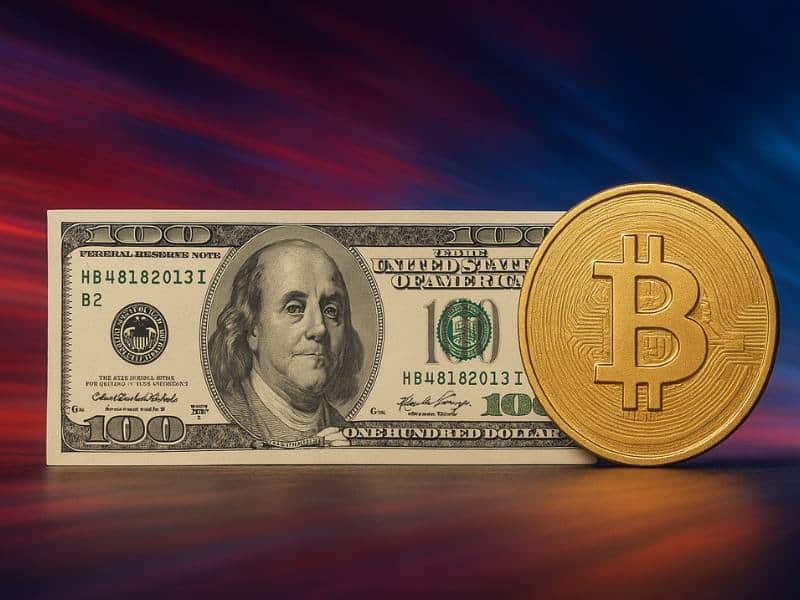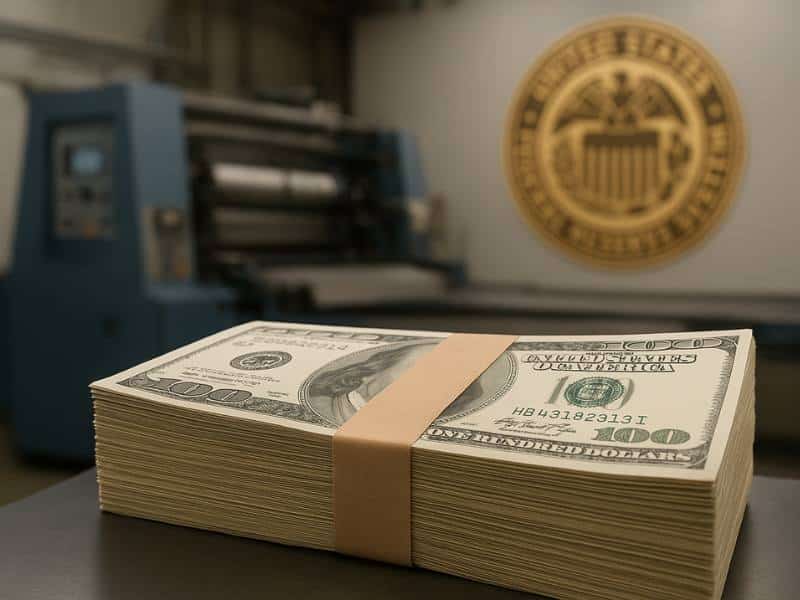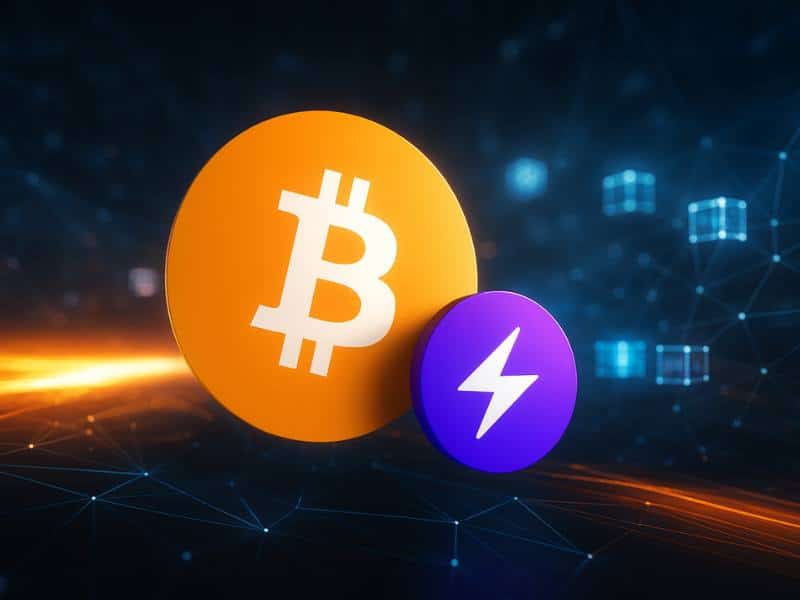Introduction: The Constant Evolution of Money
Money has transformed many times throughout history, from seashells and gold to paper bills and now digital currencies. Today, the global economy runs on fiat money, a system backed by nothing but trust in governments. But in 2009, Bitcoin emerged, raising a powerful question: can it replace cash?
What Exactly Counts as Money?
Basically, money isn't just coins, bills, or digital stuff. It's about trust and what people agree to use when they trade. For something to be real money, it has three jobs:
- Exchange Tool: It makes trading easier. Instead of trading chickens for shoes, money is the thing everyone uses.
- Way to Count: Prices and debts need to be measured clearly. One dollar always means the same thing.
- Worth Keeping: Money should keep its worth over time. People can save now and spend later without worry.
Also, history says good money has some added features. It should last, so it doesn't break down. It should be easy to carry around. It can be split up for all kinds of buys, big or small. Every piece is the same as another. People must accept it, and there should be only so much of it. If not, it could lose value as more of it is made.
To sum it up, money works best when people can count on it, today and down the road.

A Quick Look at How Money Developed
Money hasn't always been what it is today. Early on, people used things that had their own value, like gold, silver, or even salt, as money.
As trading became more common, carrying these items around became a problem. So, we started using paper money that represented gold or silver stored away.
Then, in 1971, the U.S. stopped linking the dollar to gold. This created fiat money, which is based only on people’s faith in their governments. Fiat money is handy, but if governments print too much of it, it can lose value. We saw this happen in Weimar Germany and more recently in Venezuela.

Bitcoin: A Fresh Perspective on Money
Bitcoin changes how we think about money in key ways.
First off, there's a limit of 21 million coins. Unlike regular money, which governments can print at will, Bitcoin has a set amount.
Also, no single group is in charge. Bitcoin works on a worldwide network, so no one can really control or stop it.
Each Bitcoin is easy to split up. One Bitcoin is equal to 100 million satoshis, so you can use it for purchases of any size.
Plus, it uses the blockchain, which means money can move around the world in minutes without banks.
More and more places are accepting Bitcoin. Plenty of stores already do. And new tech, like the Lightning Network, is making payments quicker and cheaper, which makes Bitcoin handier for daily buys.
Bitcoin's Challenges as Money
Bitcoin has a lot of the qualities of good money, but it also has some problems.
First, the price jumps around a lot. It can change a lot in just hours, which makes it hard to use when you are buying everyday things. Can you imagine buying coffee and it costs twice as much later in the day? That's what it's like right now.
Second, Bitcoin's value usually goes up. The amount of it is limited, but more and more people want it, so it gets more valuable over time. This is good for savers, but it can make people not want to borrow or spend. People might rather keep their Bitcoin, and lenders might want more stuff as security before they give out loans.
This could make credit grow more slowly. However, it might also make the economy more stable, where spending and lending are based on real value, not just making more money.

Bitcoin: The Future of Money?
Right now, Bitcoin works best as a kind of digital gold, a safe place to store value instead of something you'd use for daily purchases. But if regular money loses its worth because there's too much of it, people might turn to Bitcoin as a dependable alternative.
The real question might not be if Bitcoin replaces regular money, but what people will trust when that fails.
Conclusion
Bitcoin has shown that it is scarce, lasting, easy to carry, and can be divided into smaller amounts — all features of strong money. It might not take the place of cash now, but as a currency that is not controlled by any central authority and is limited in supply, it could become a key part of the financial system in the future.
